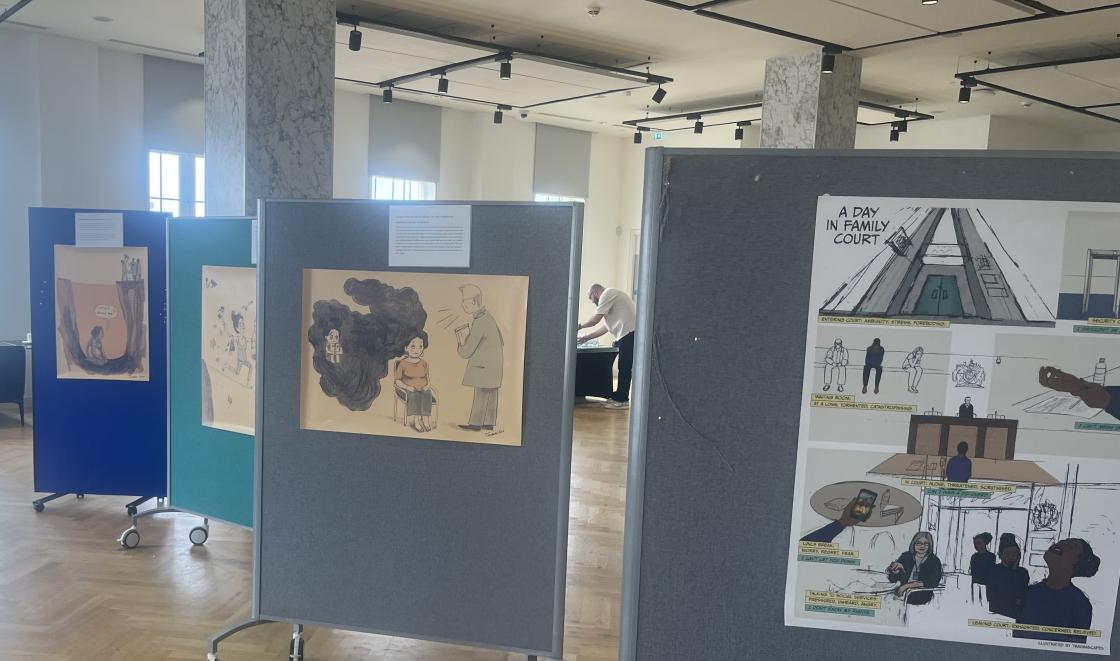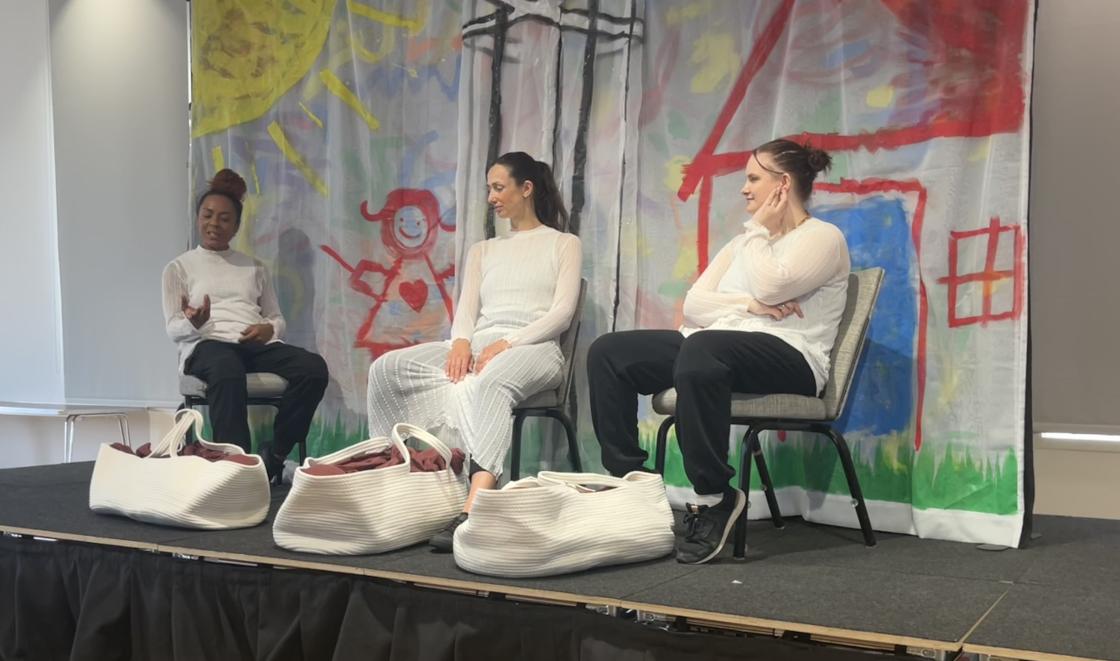Conference highlights urgent need to support families with children’s social care involvement in the first 1001 days of a child’s life
Social workers, clinicians, policymakers, people with lived experience and researchers gathered for a hybrid conference on 15 July, to discuss how to improve support and care for families with children’s social care involvement during pregnancy and the first two years of life.

